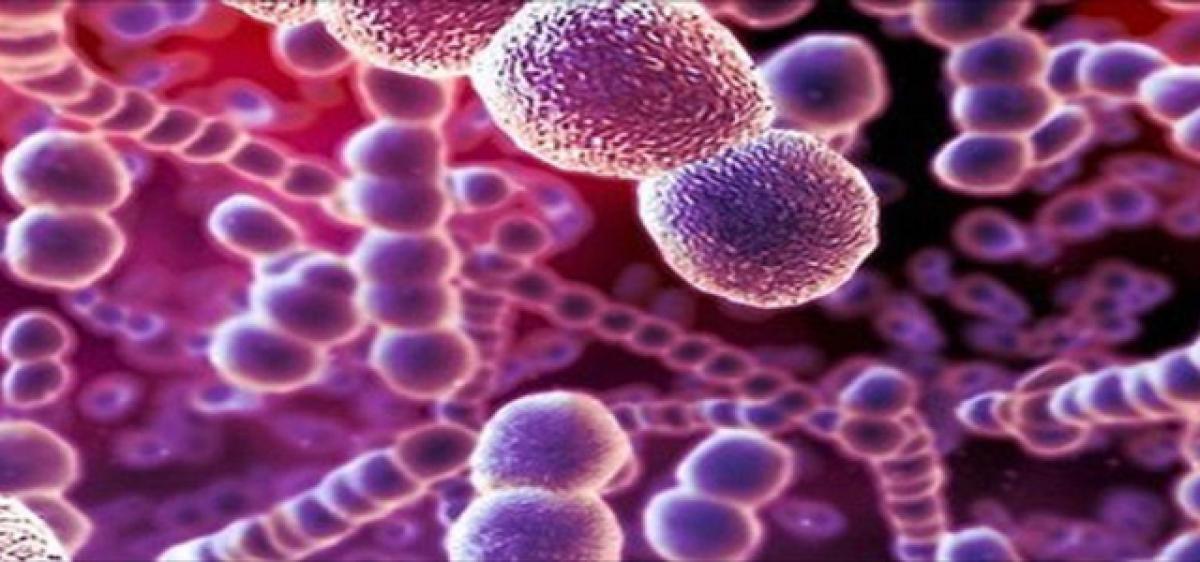Live
- 12-yr-old dies of electrocution
- Installation of smart meters opposed
- State Cabinet expansion in focus as CM leaves for Delhi
- Need to reintroduce country’s forgotten pride: Bhagwat
- Pant shatters Iyer's IPL auction record, sold to Super Giants for Rs 27 cr
- Yuva Sangeetha Sammelanam held
- Dharani proves a bane for 25K families across State
- Reckless, Dangerous Arms Race
- Russia needs a peace deal as it is running out of soldiers
- MyVoice: Views of our readers 25th November 2024
Just In

Pathogens in the intestinal tract can manipulate mammalian cells to get the oxygen they need and thereby cause harm to the intestinal lining, a study has found.
New York: Pathogens in the intestinal tract can manipulate mammalian cells to get the oxygen they need and thereby cause harm to the intestinal lining, a study has found.
The study also offers a new insight into developing strategies targeting the metabolism of the intestinal lining to prevent the expansion of harmful bacteria in the gut, a situation that is exacerbated by the overuse of antibiotics.
"The finding is important because it explains how some enteric pathogens can manipulate mammalian cells to get the oxygen they need to breathe," said Andreas Baumler, Professor at the University of California Davis School of Medicine in the study published in the journal Science.
A healthy large intestine is mostly free of oxygen and the beneficial microbes residing there thrive in this anaerobic environment.
In contrast, enteric pathogens, such as Escherichia coli, in humans need oxygen to survive. Baumler's team discovered how these pathogens change the gut environment to favour their own growth.
Enteric pathogens deploy virulence factors that damage the intestinal lining and cause diarrhea. To repair the damage, the body accelerates the division of epithelial cells that form the intestinal lining, which brings immature cells to the mucosal surface.
These new cells contain more oxygen and wind up increasing oxygen levels in the large bowel, creating an environment that allows gut pathogens like E. coli to outcompete the anaerobic-loving resident microbes.
"The rise of antibiotic-resistant strains of bacteria has become a major public health threat worldwide. As more bacterial strains do not respond to the drugs designed to kill them, the advances made in treating infectious diseases over the last 50 years are in jeopardy," Baumler added.

© 2024 Hyderabad Media House Limited/The Hans India. All rights reserved. Powered by hocalwire.com







